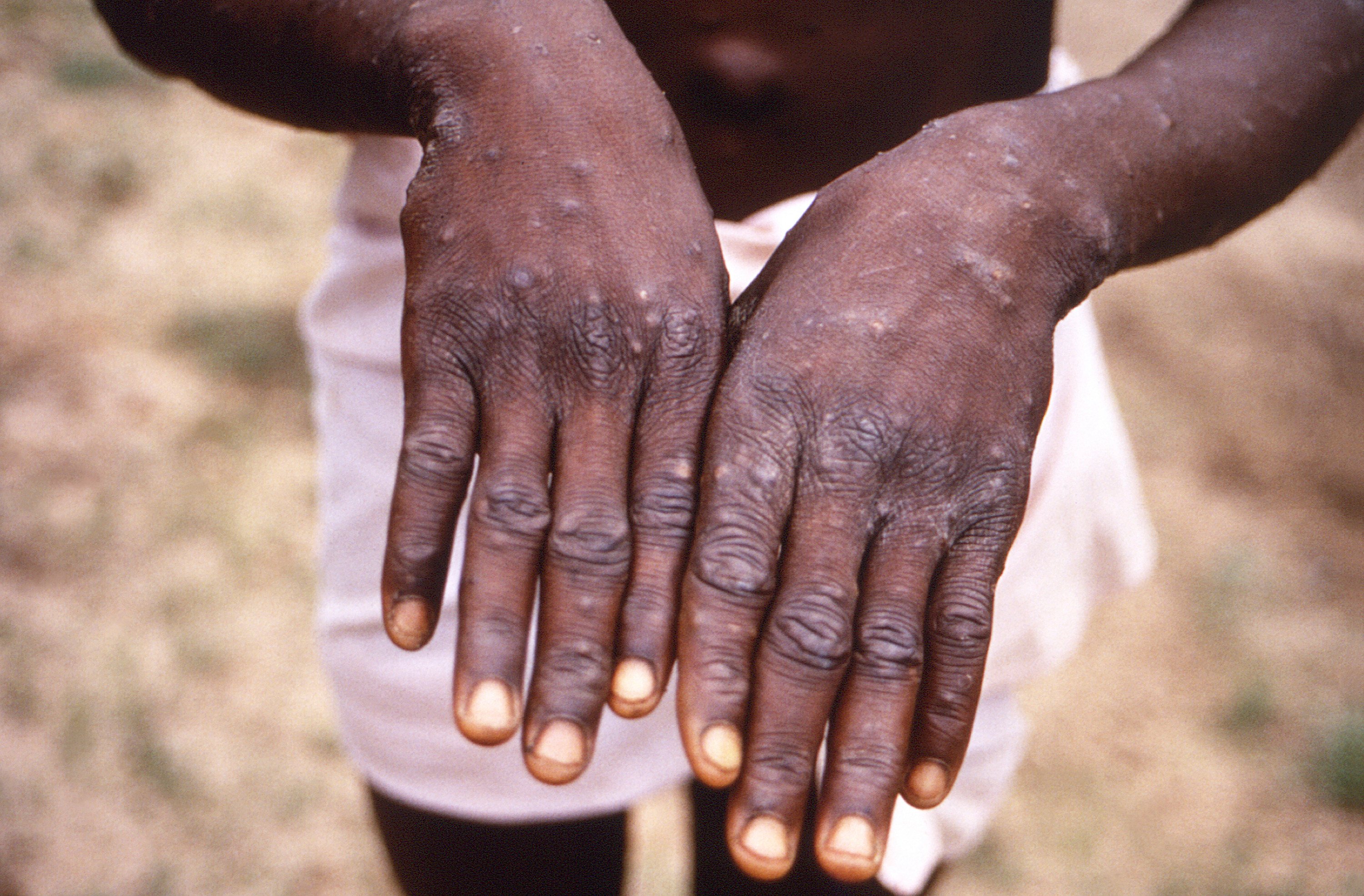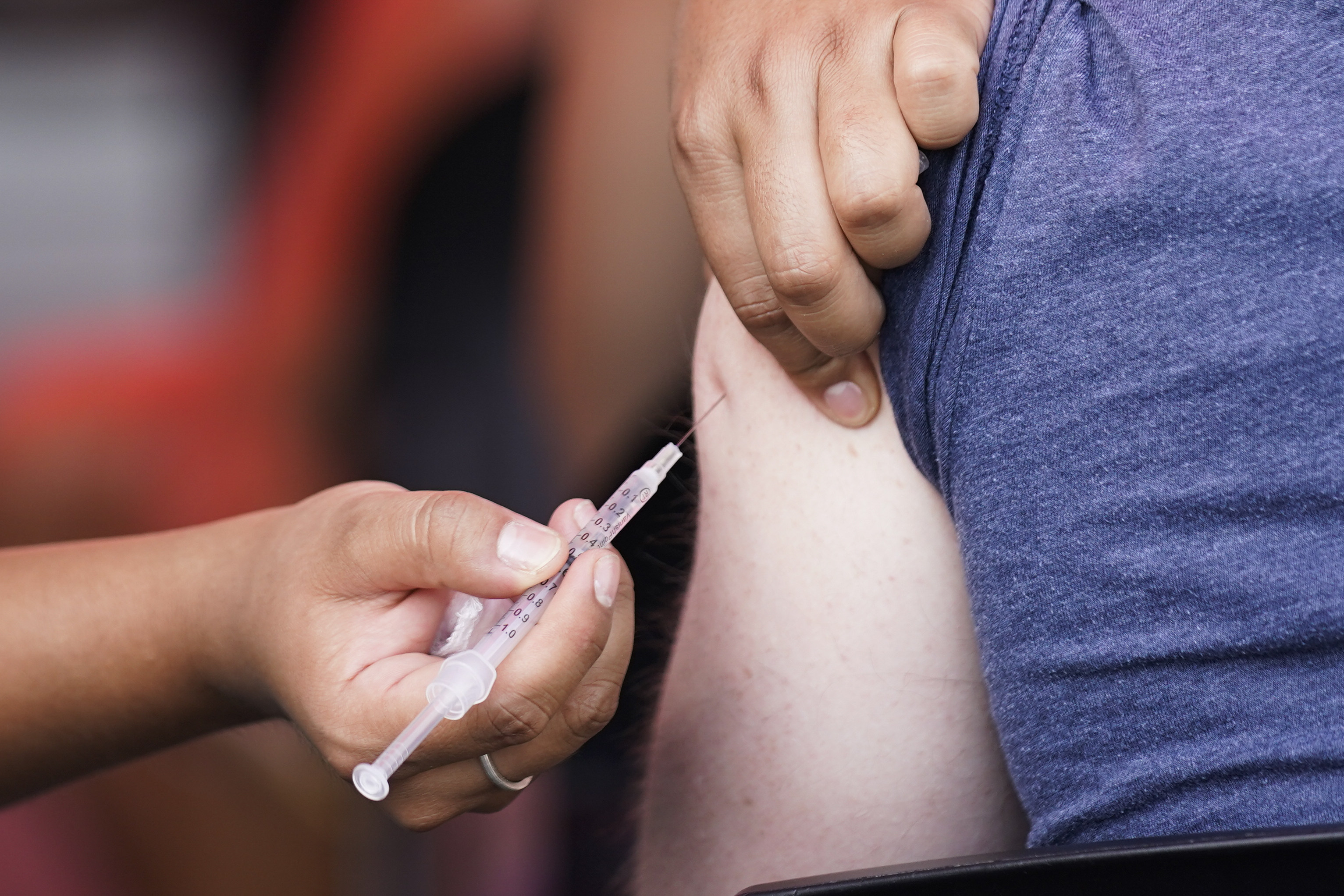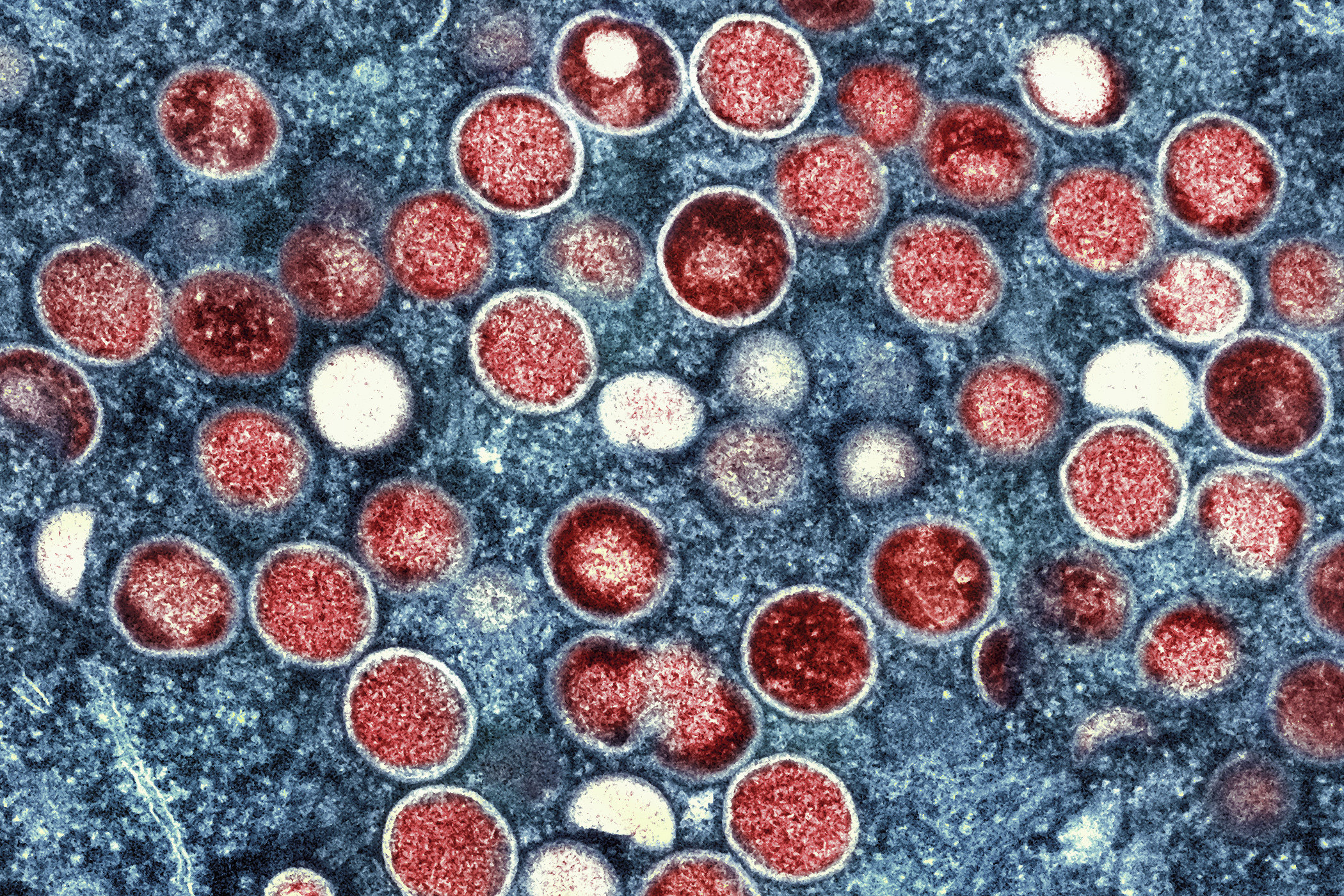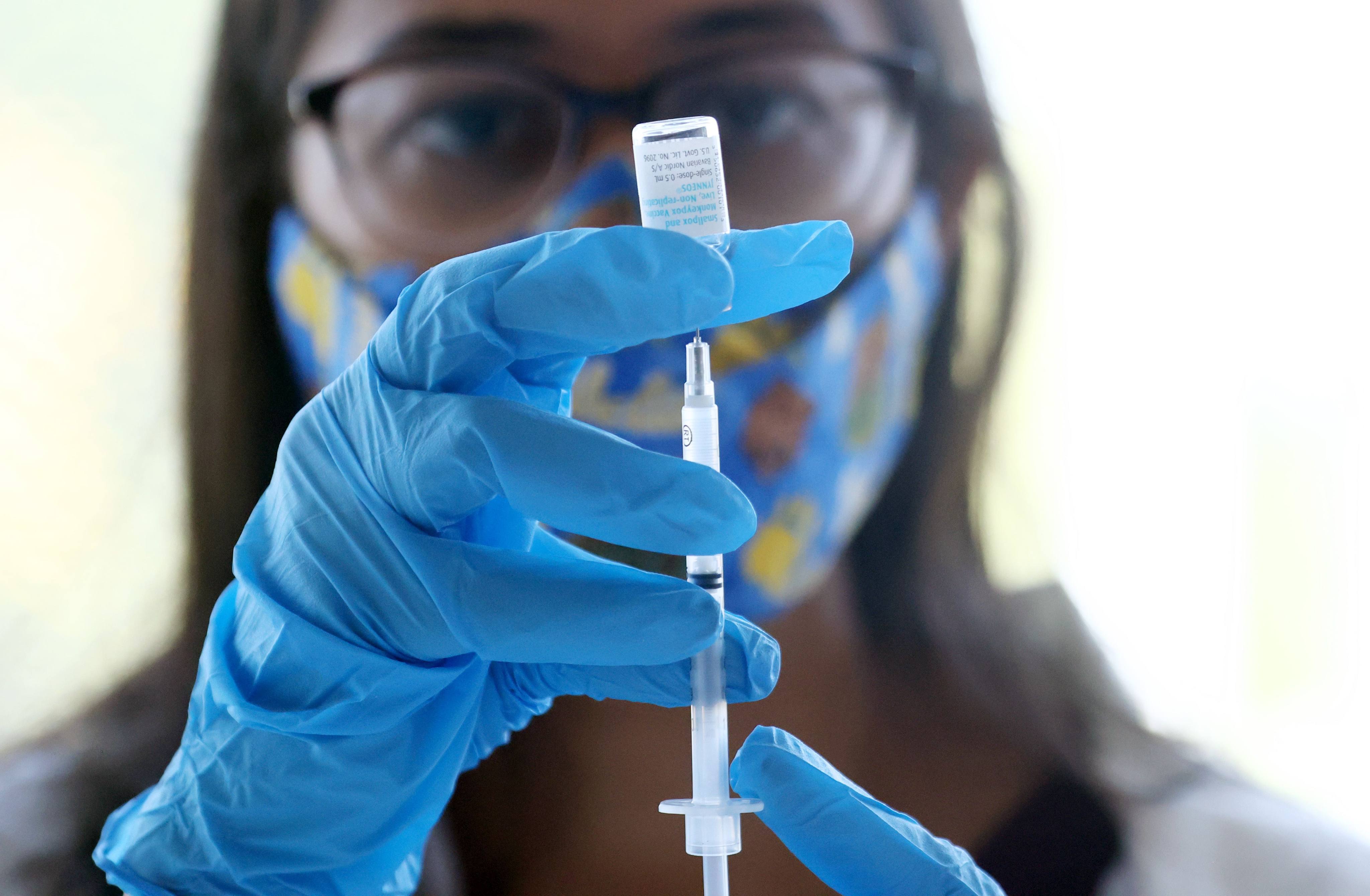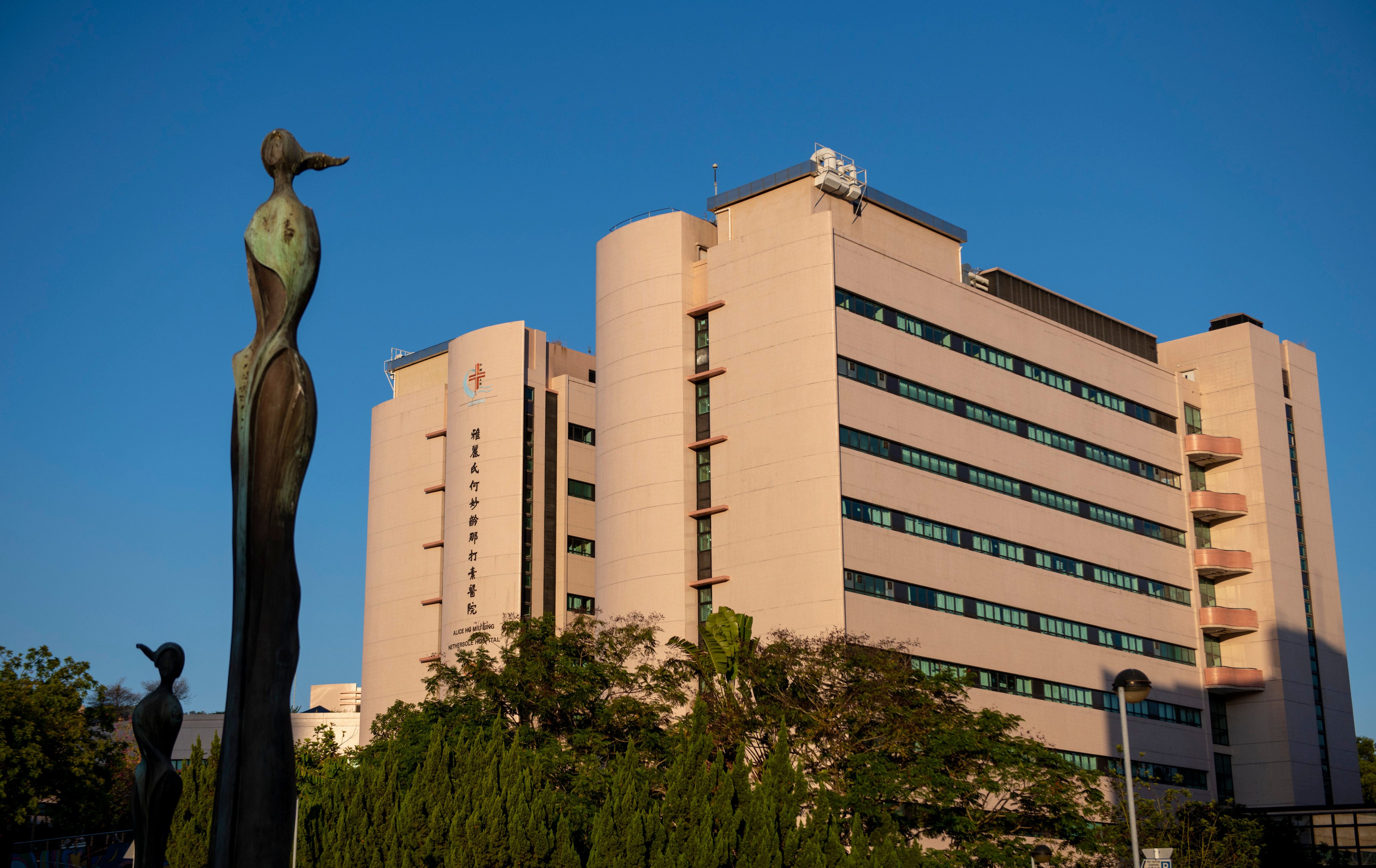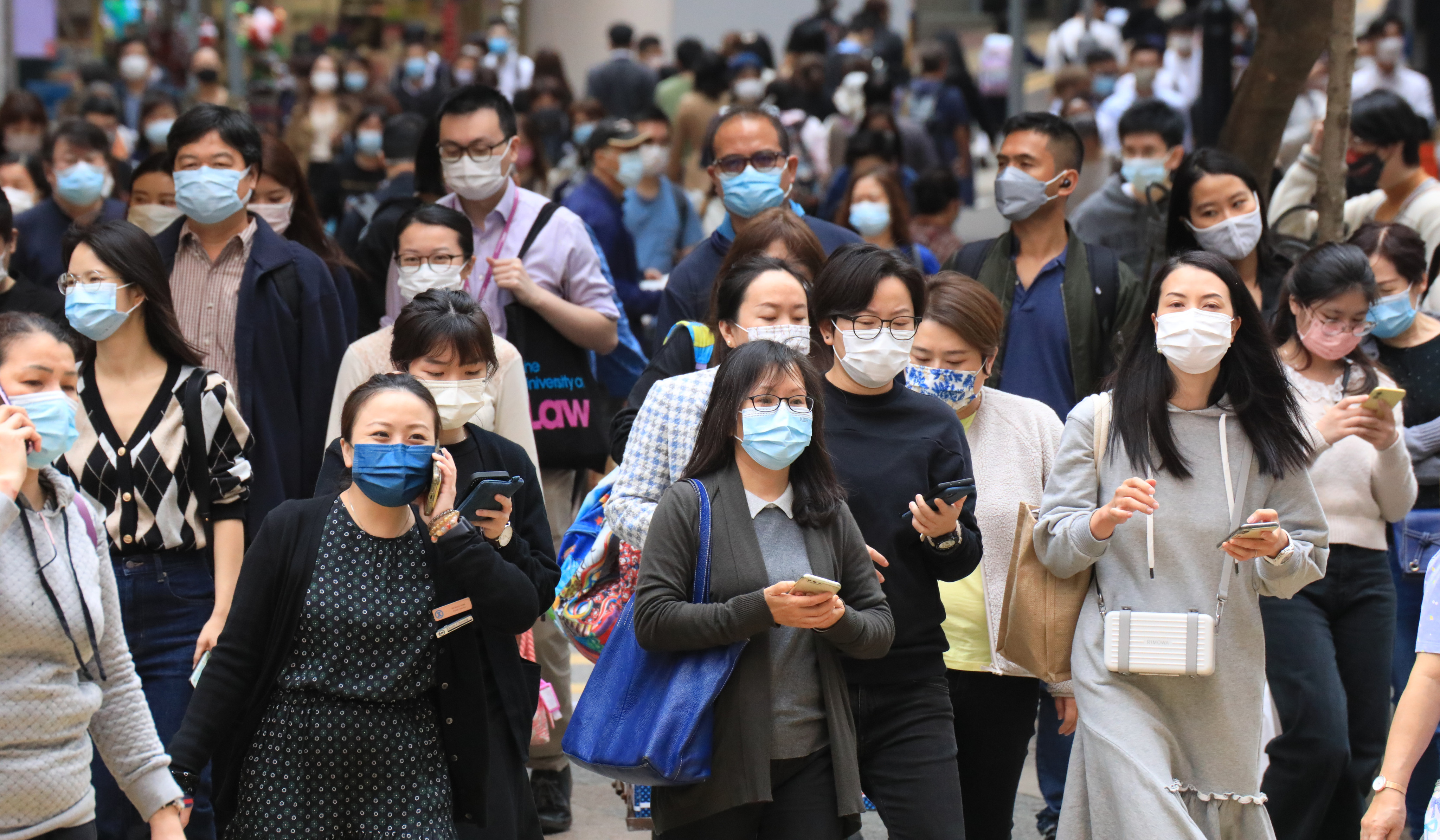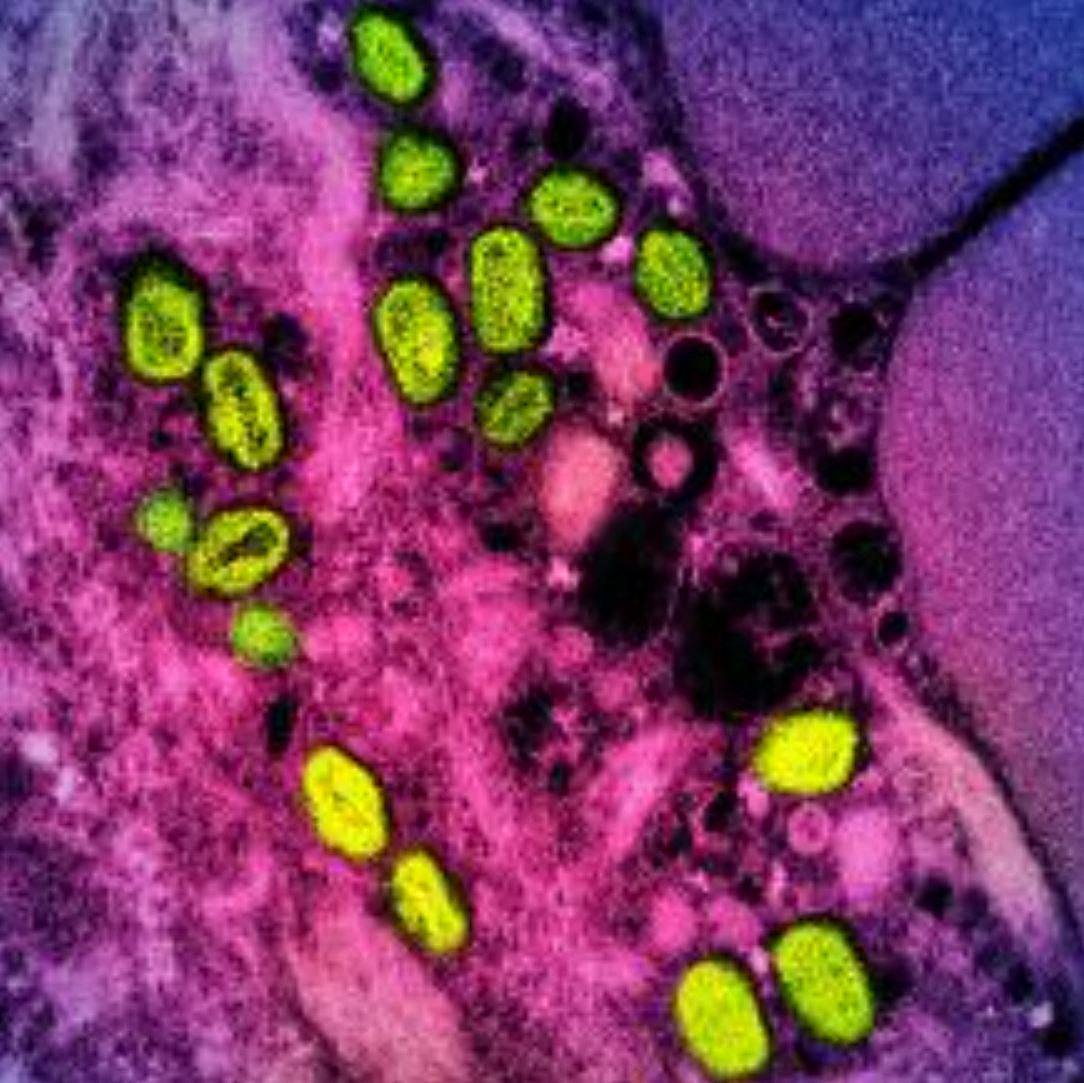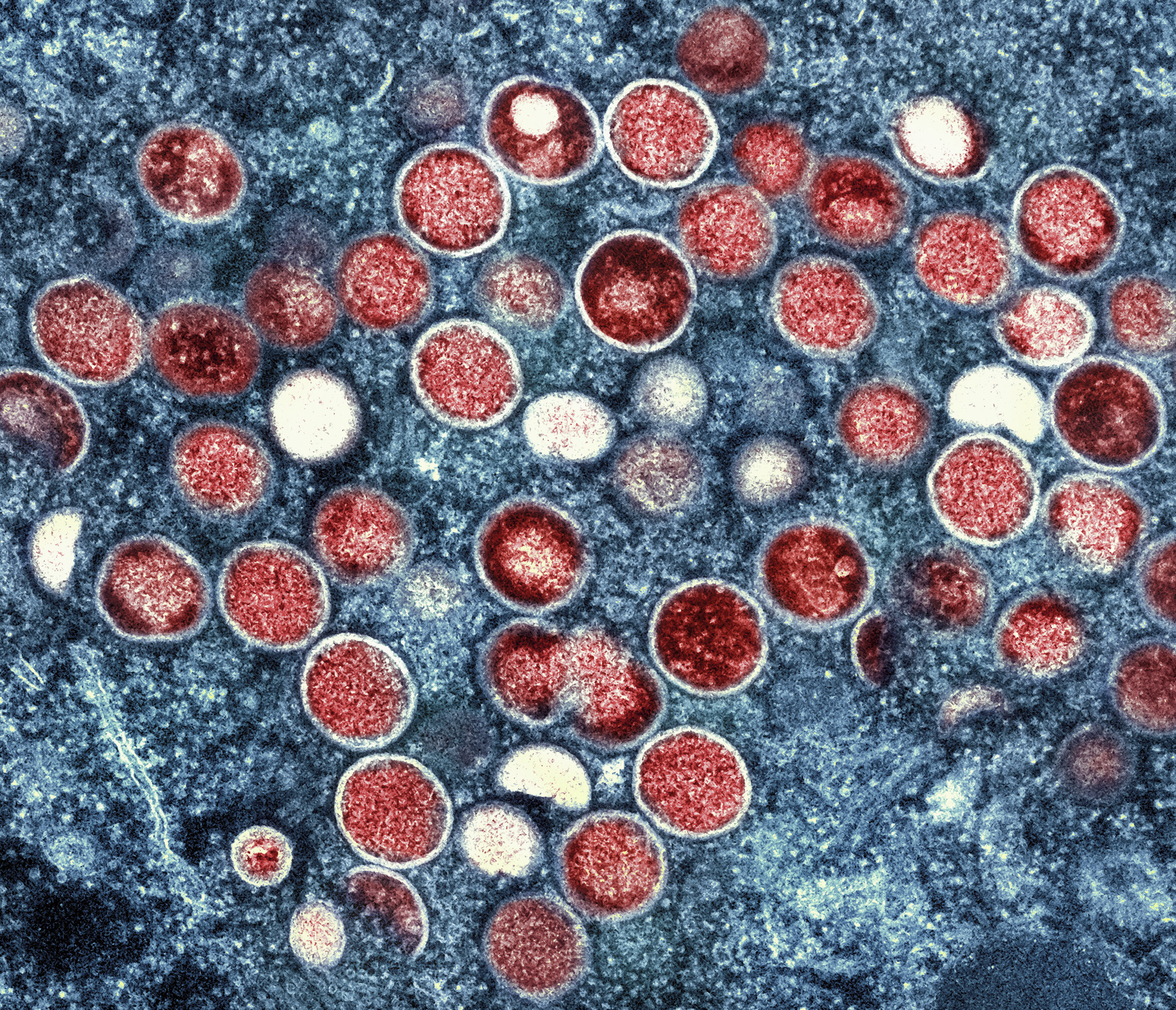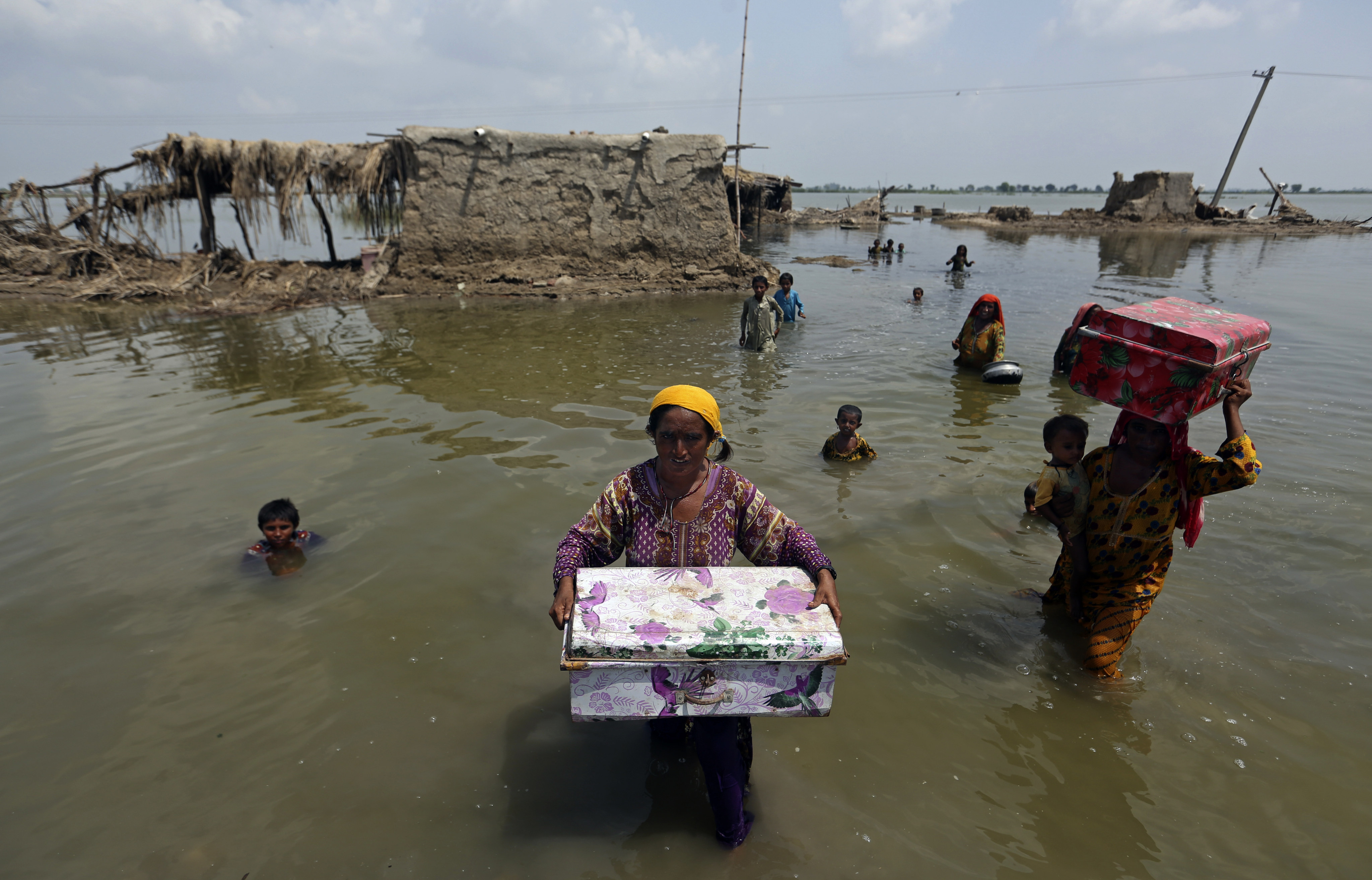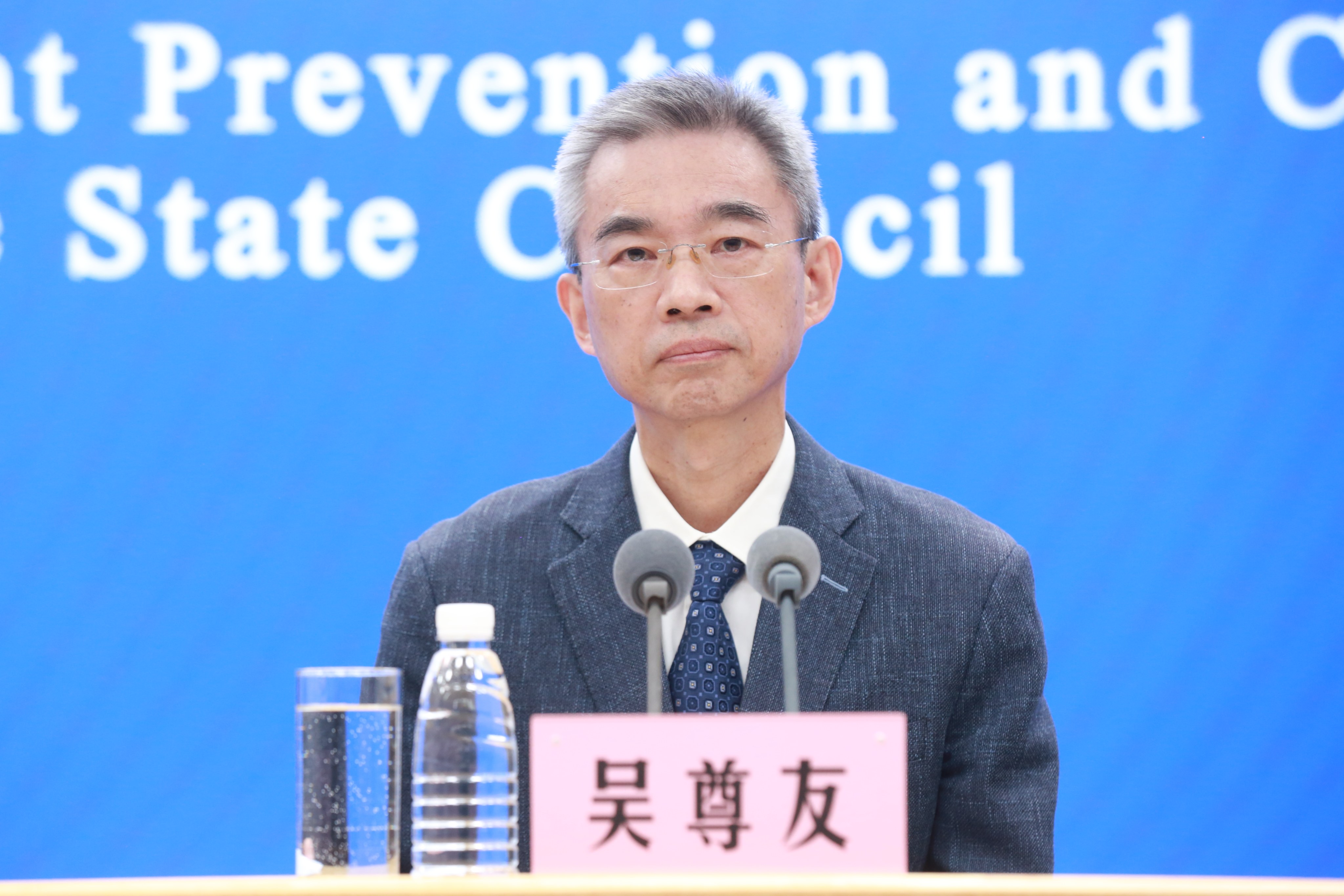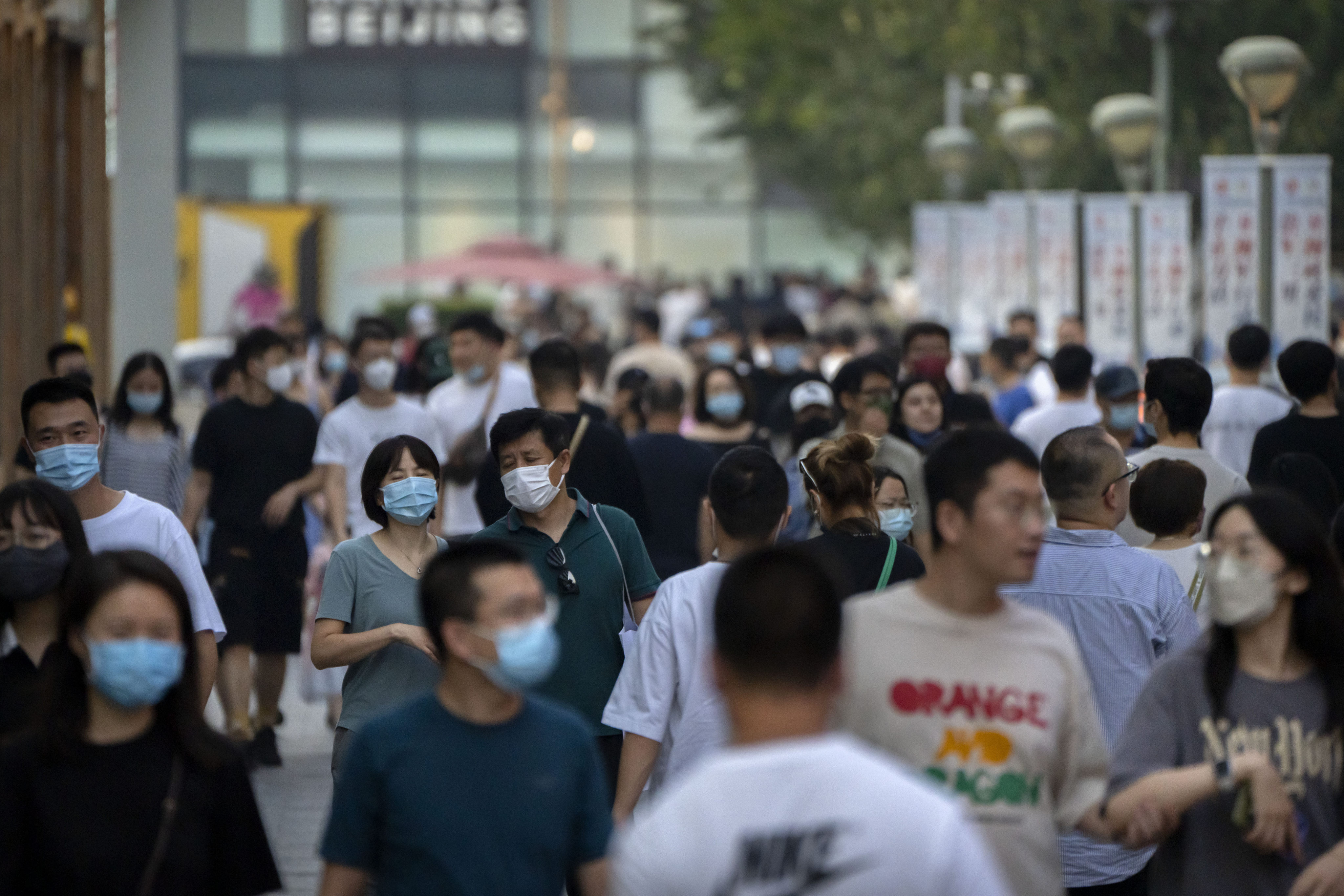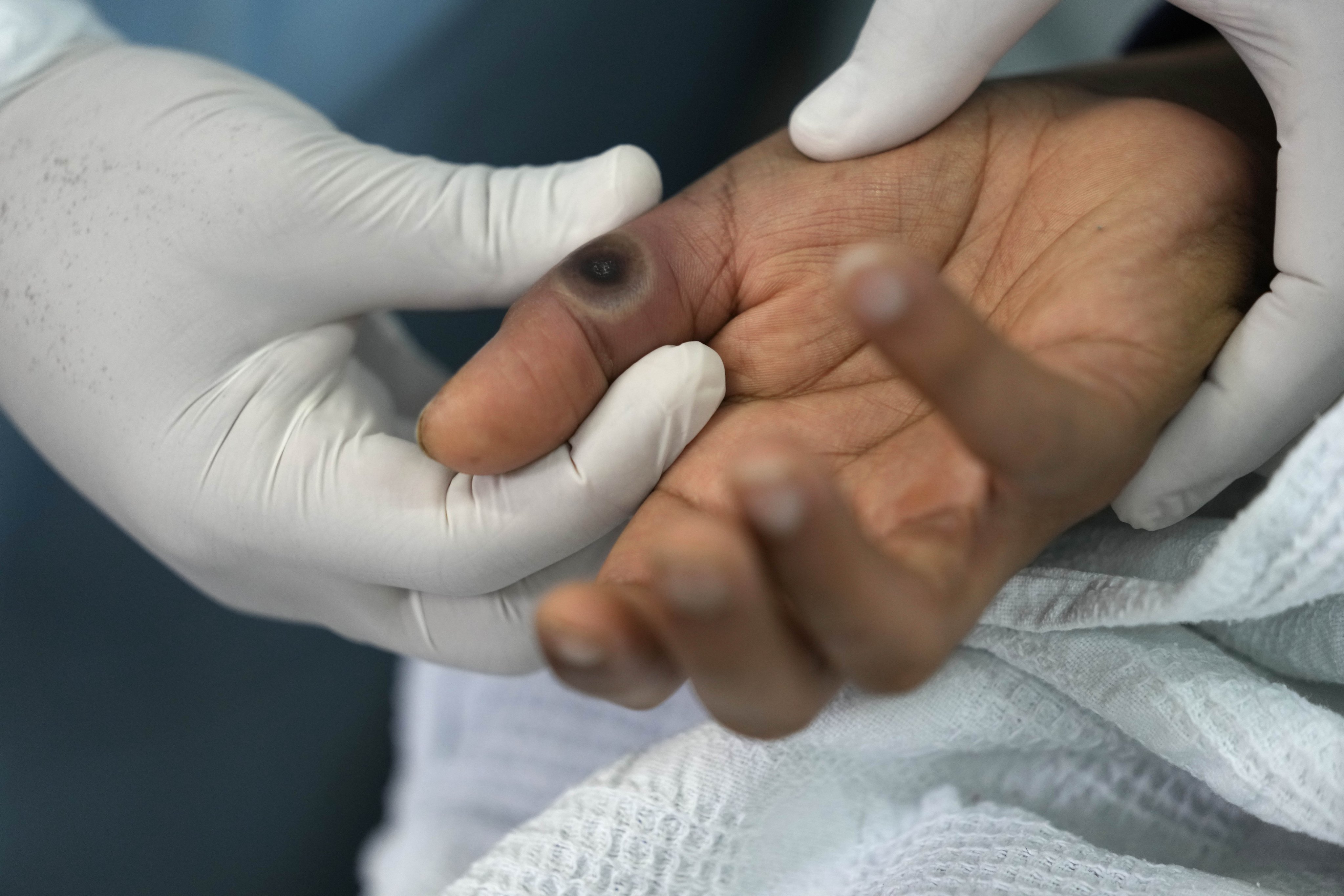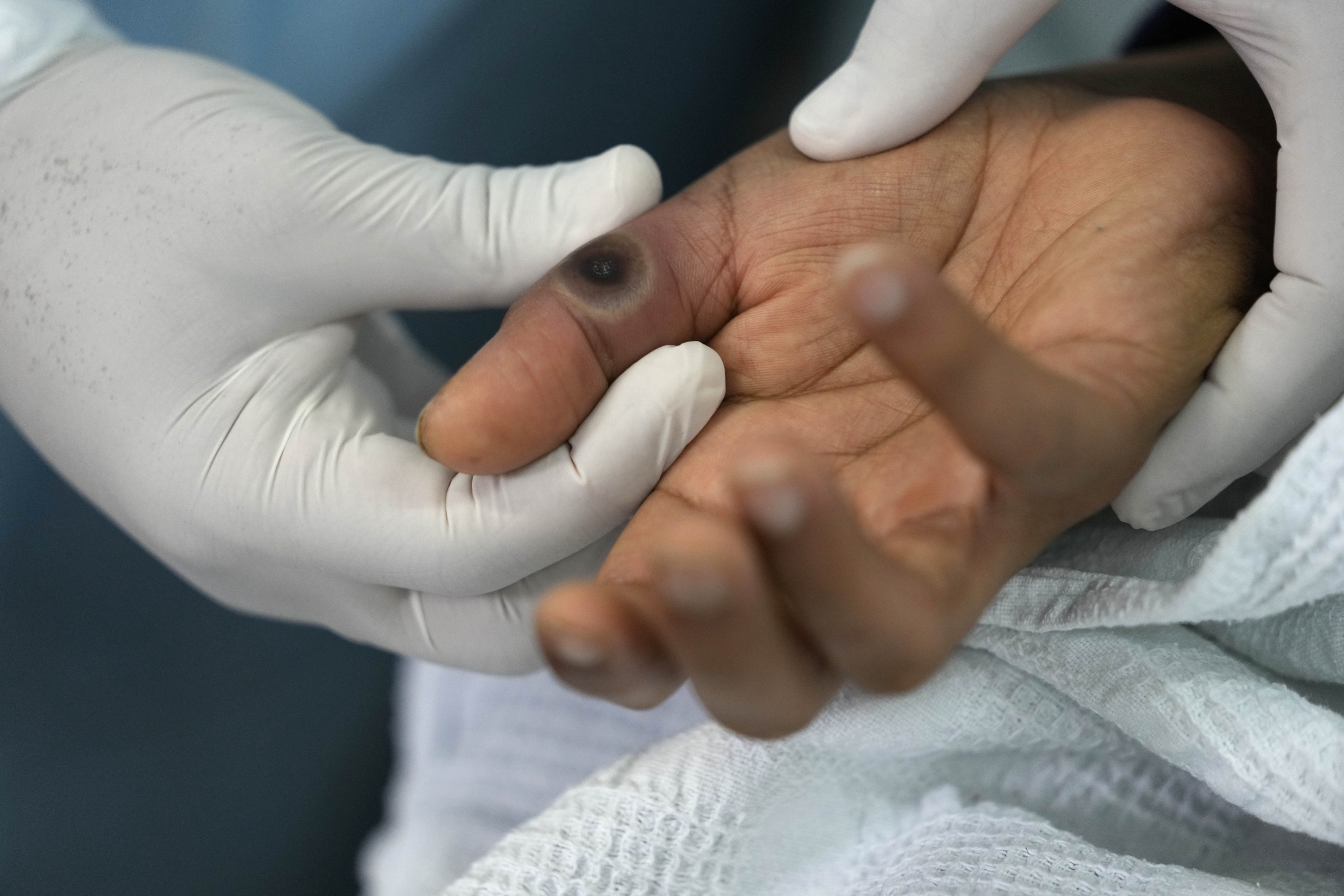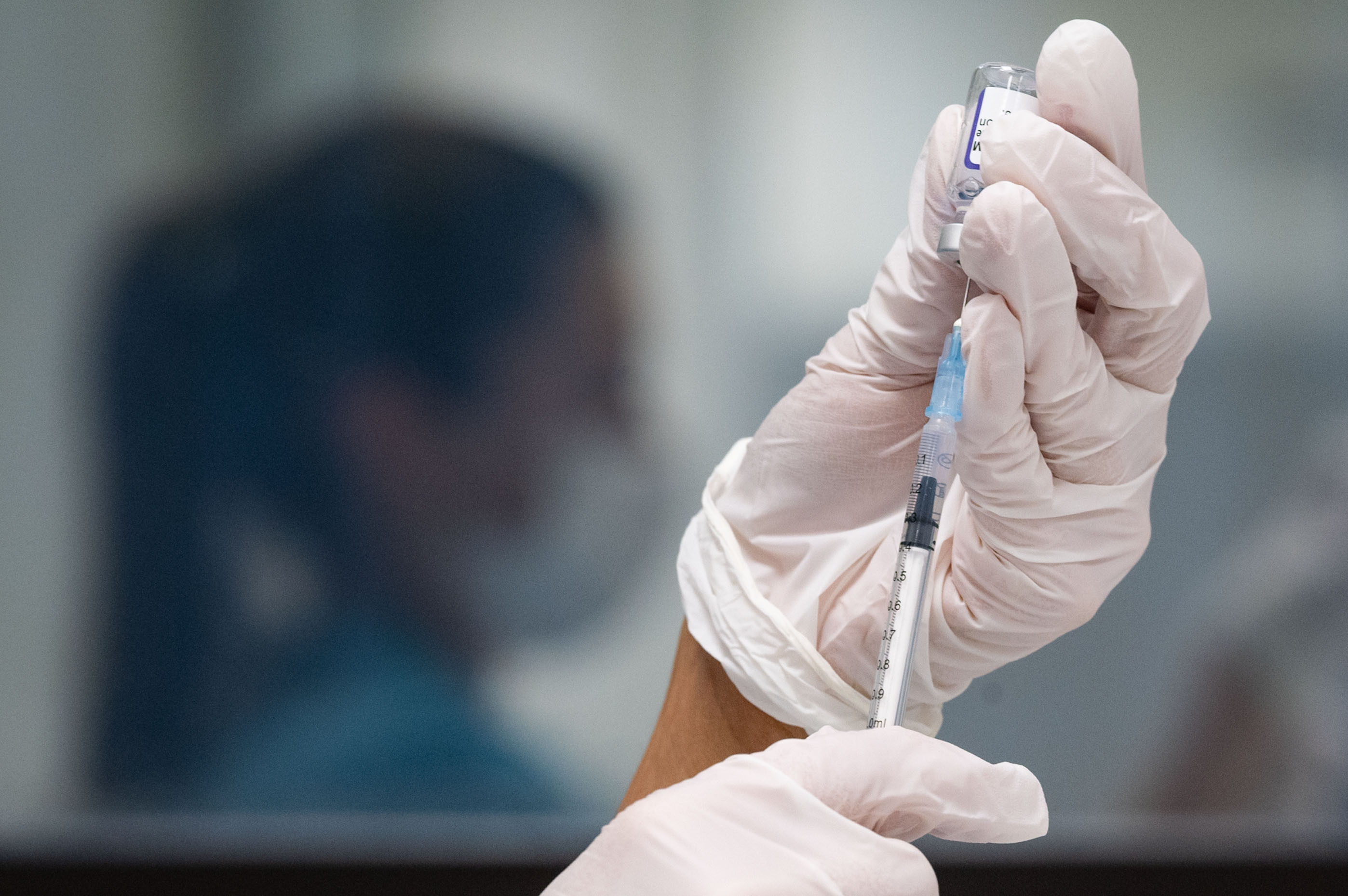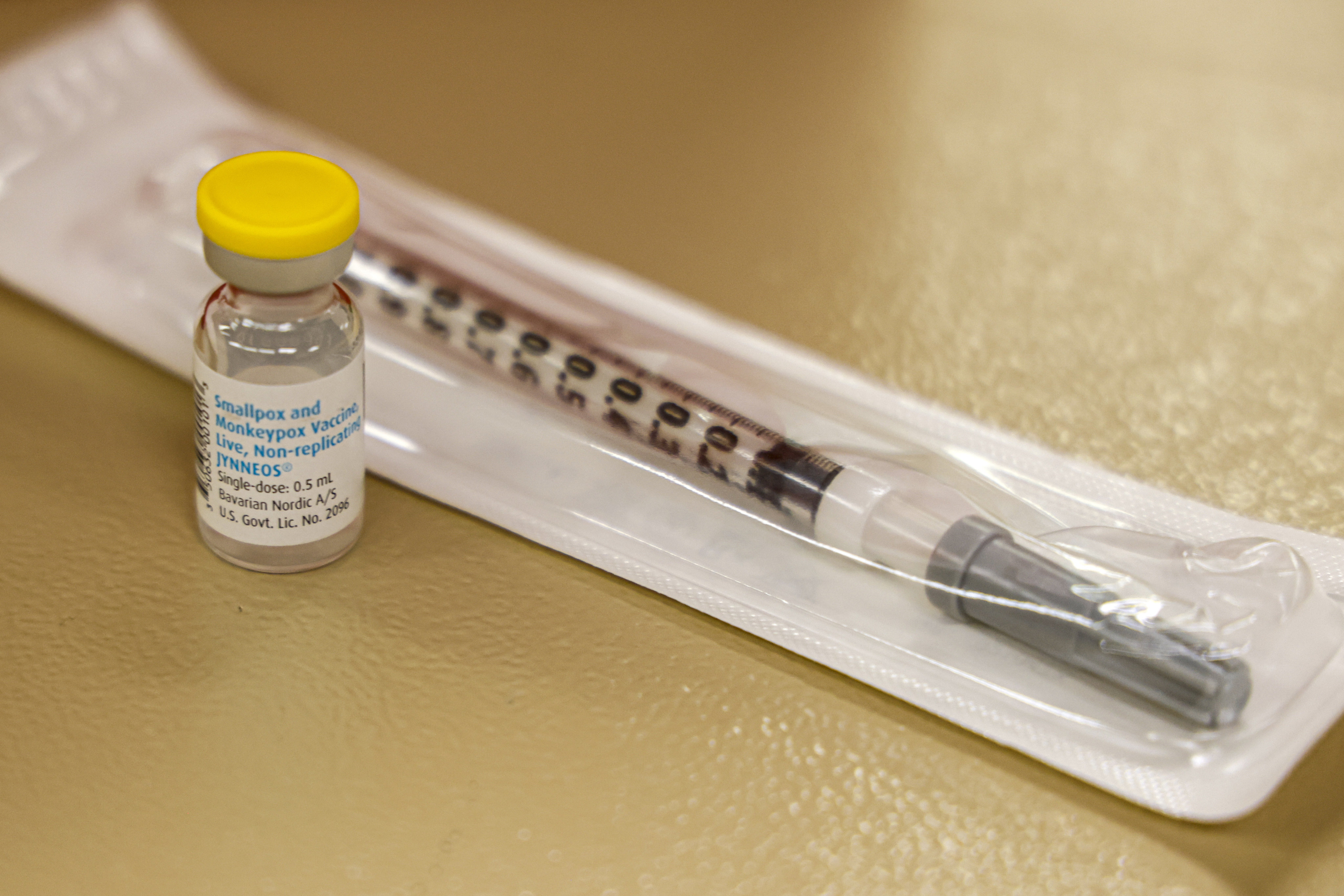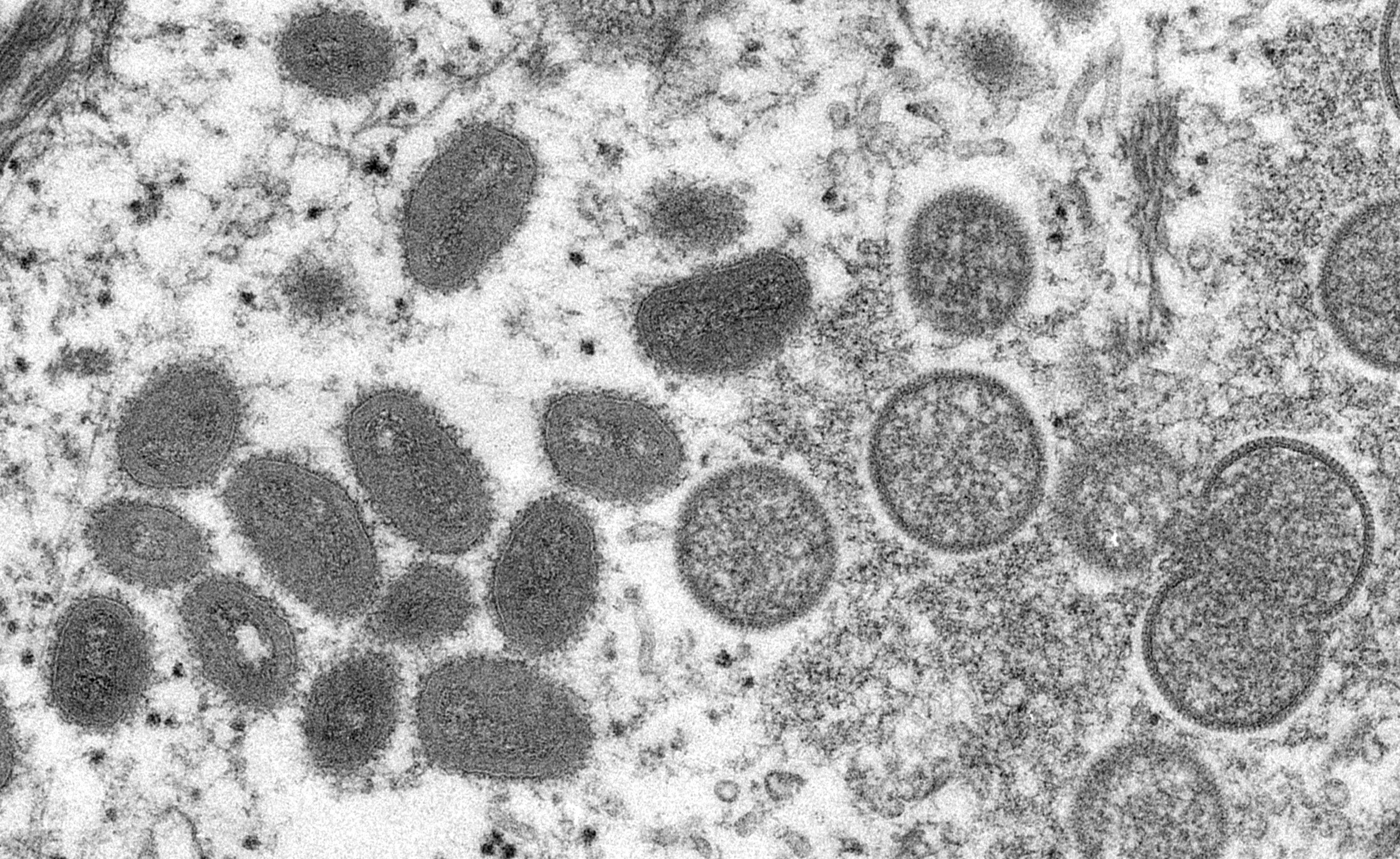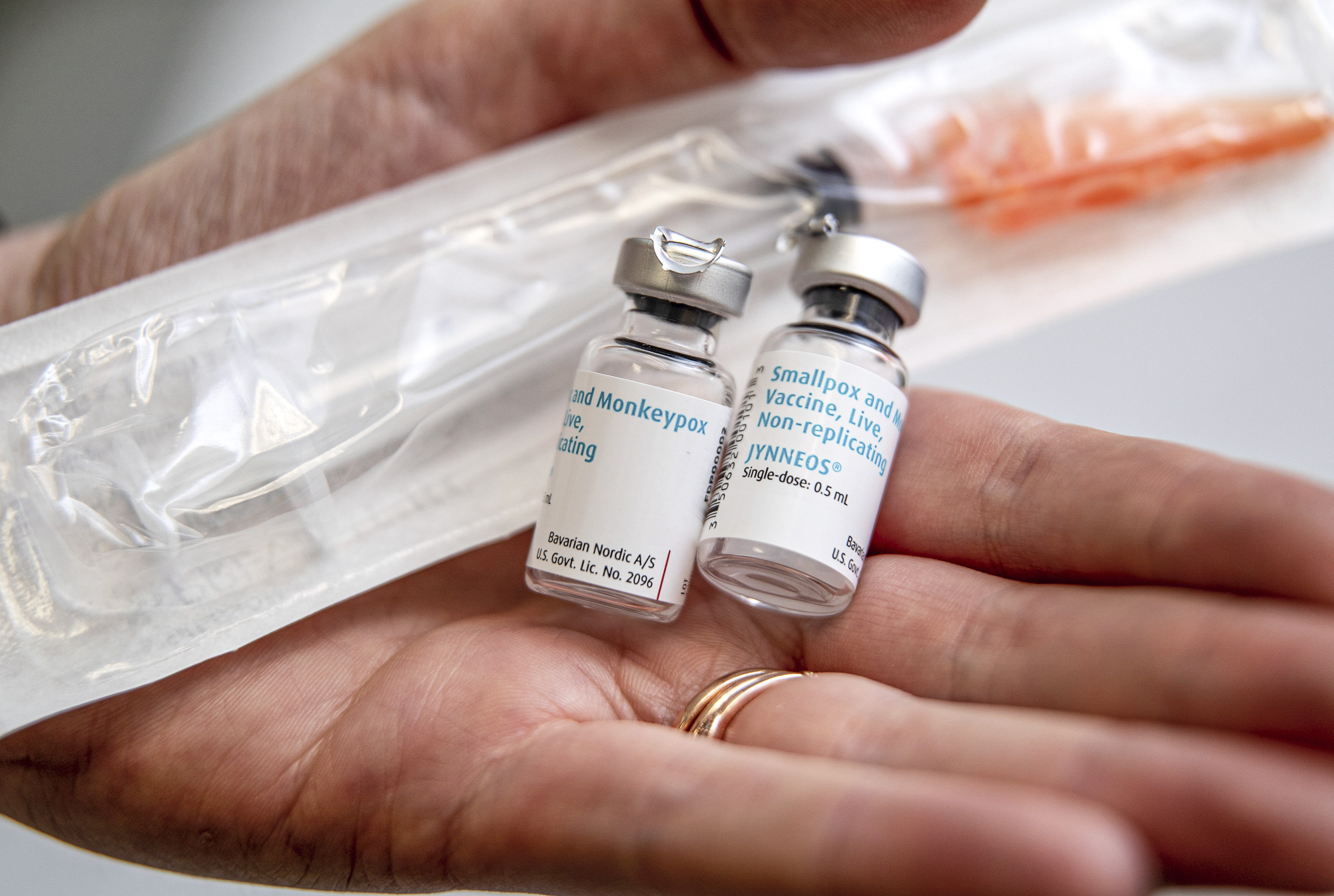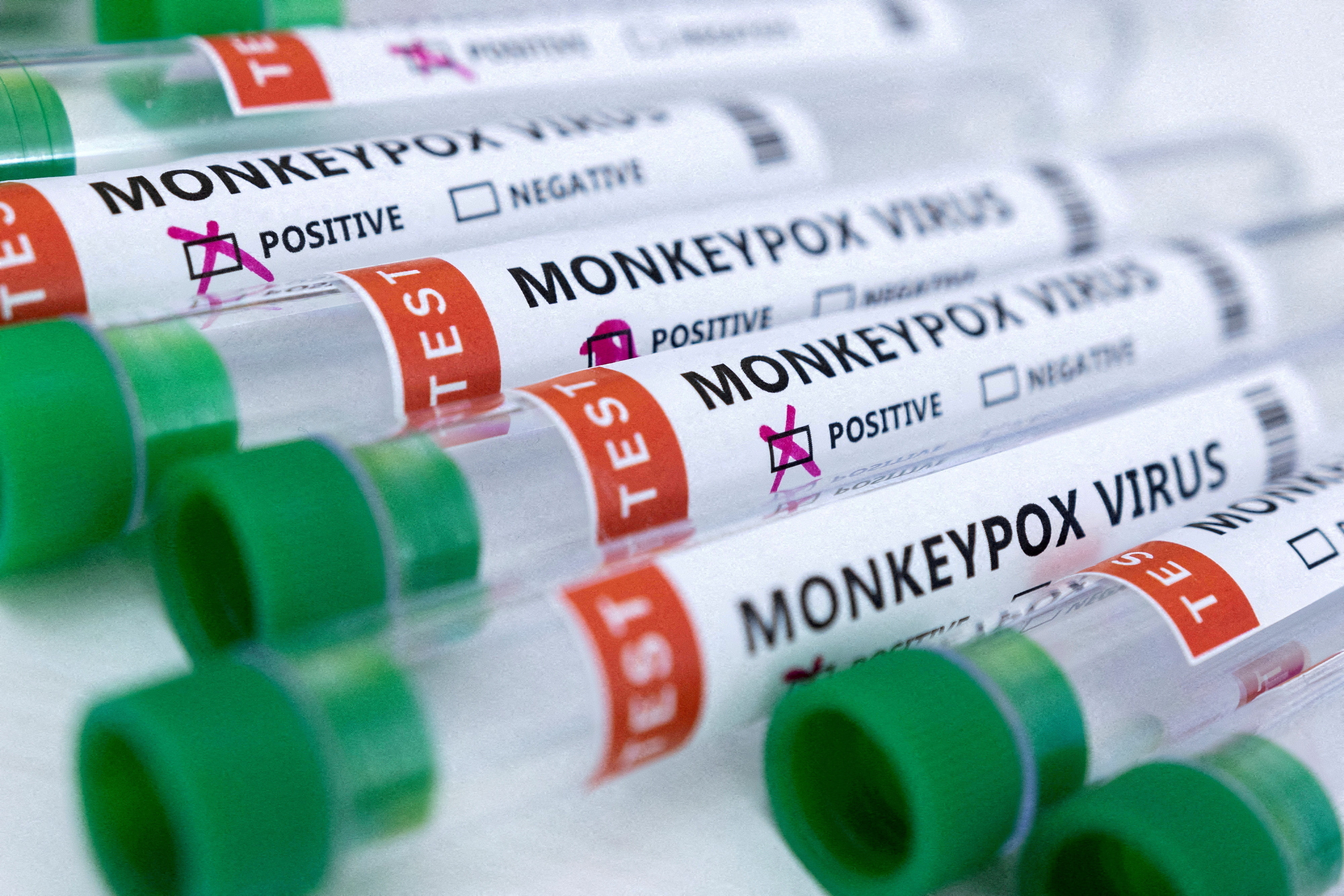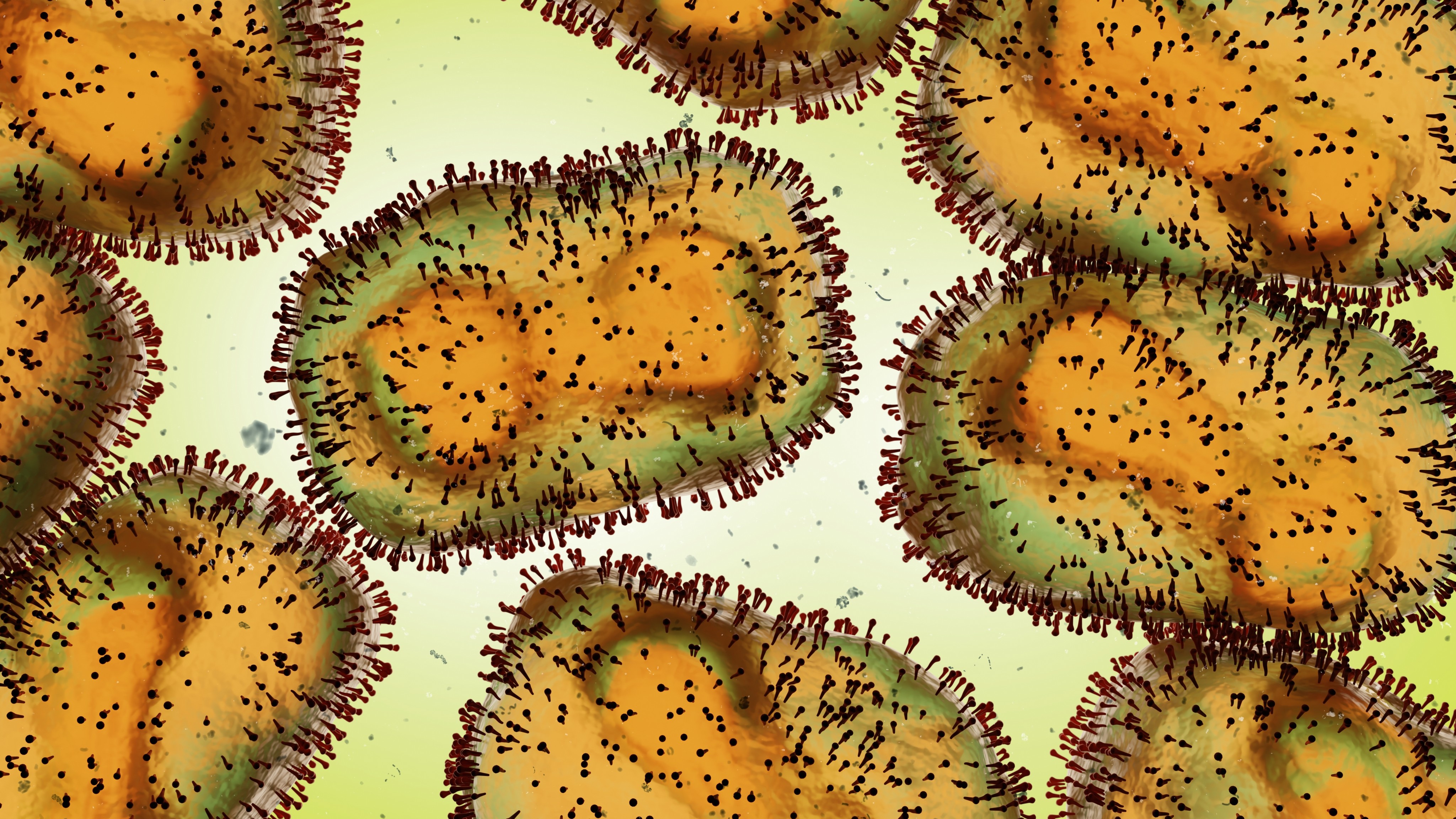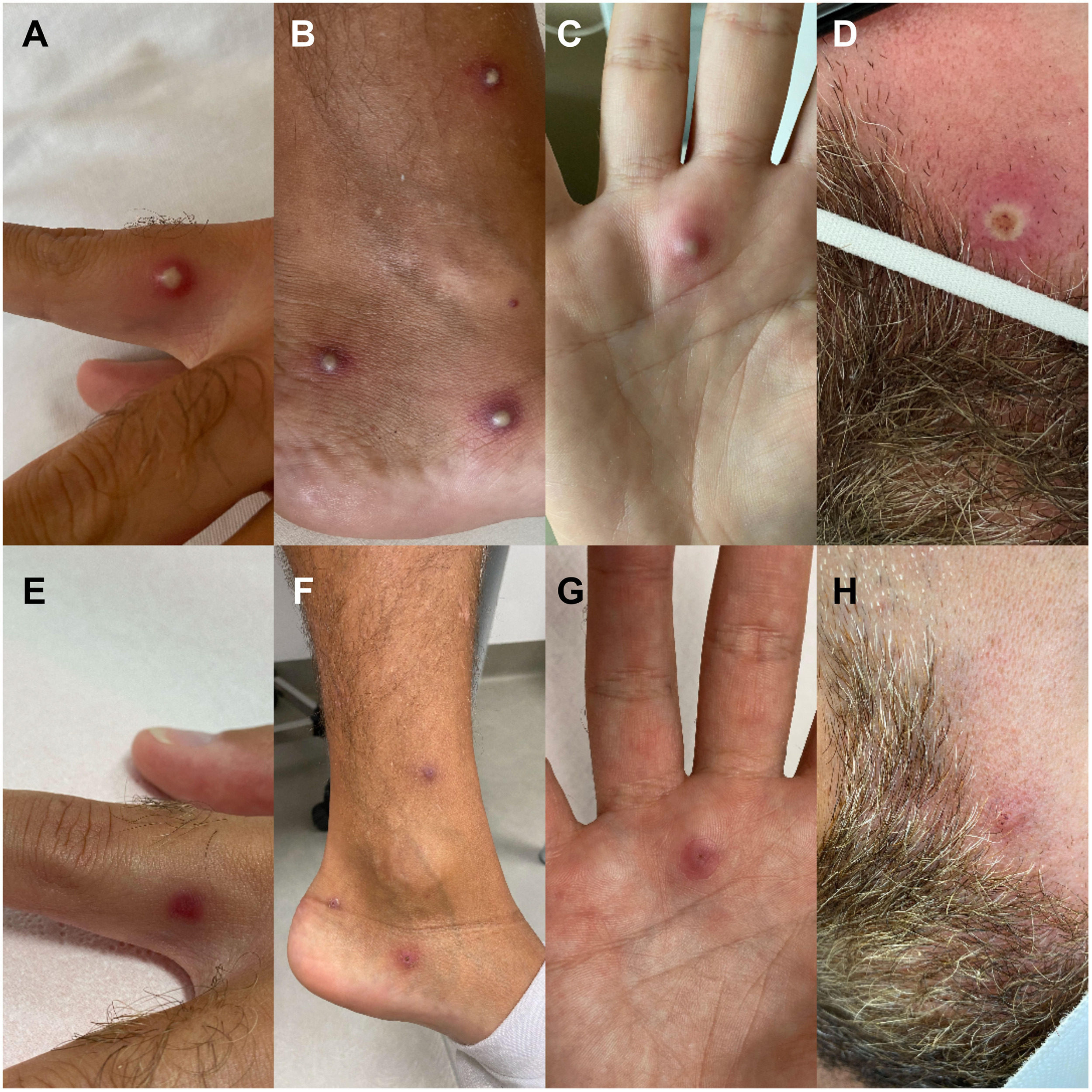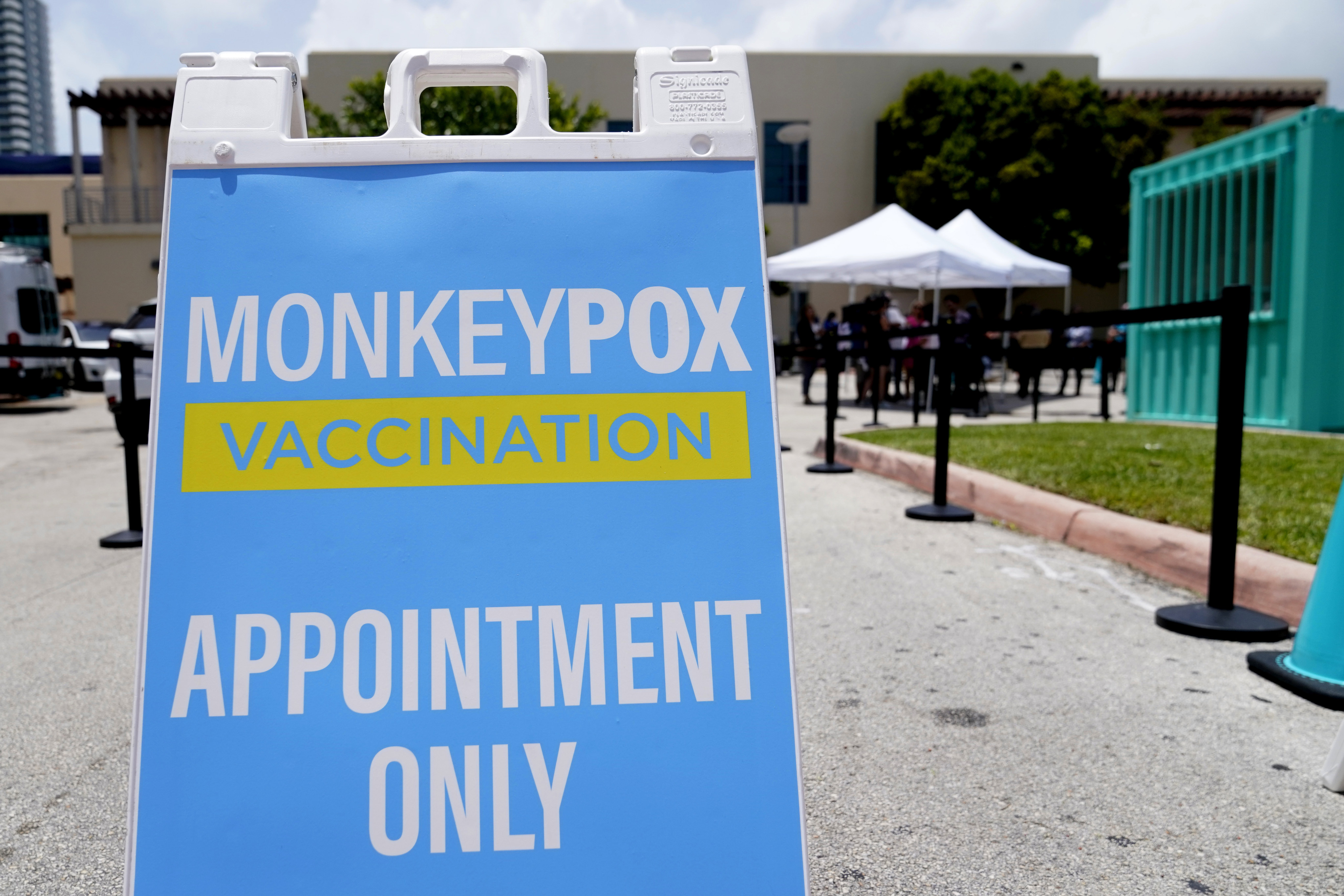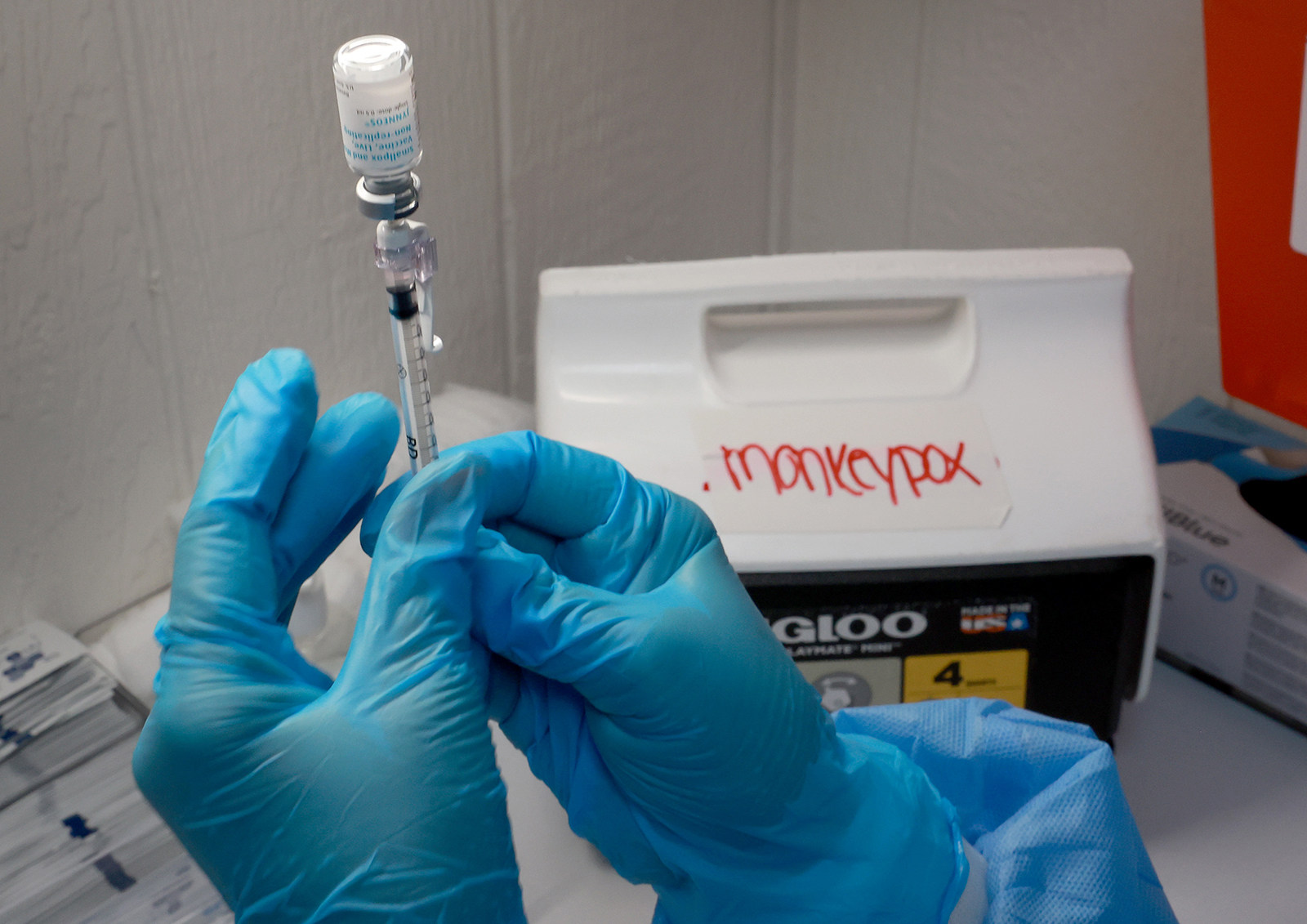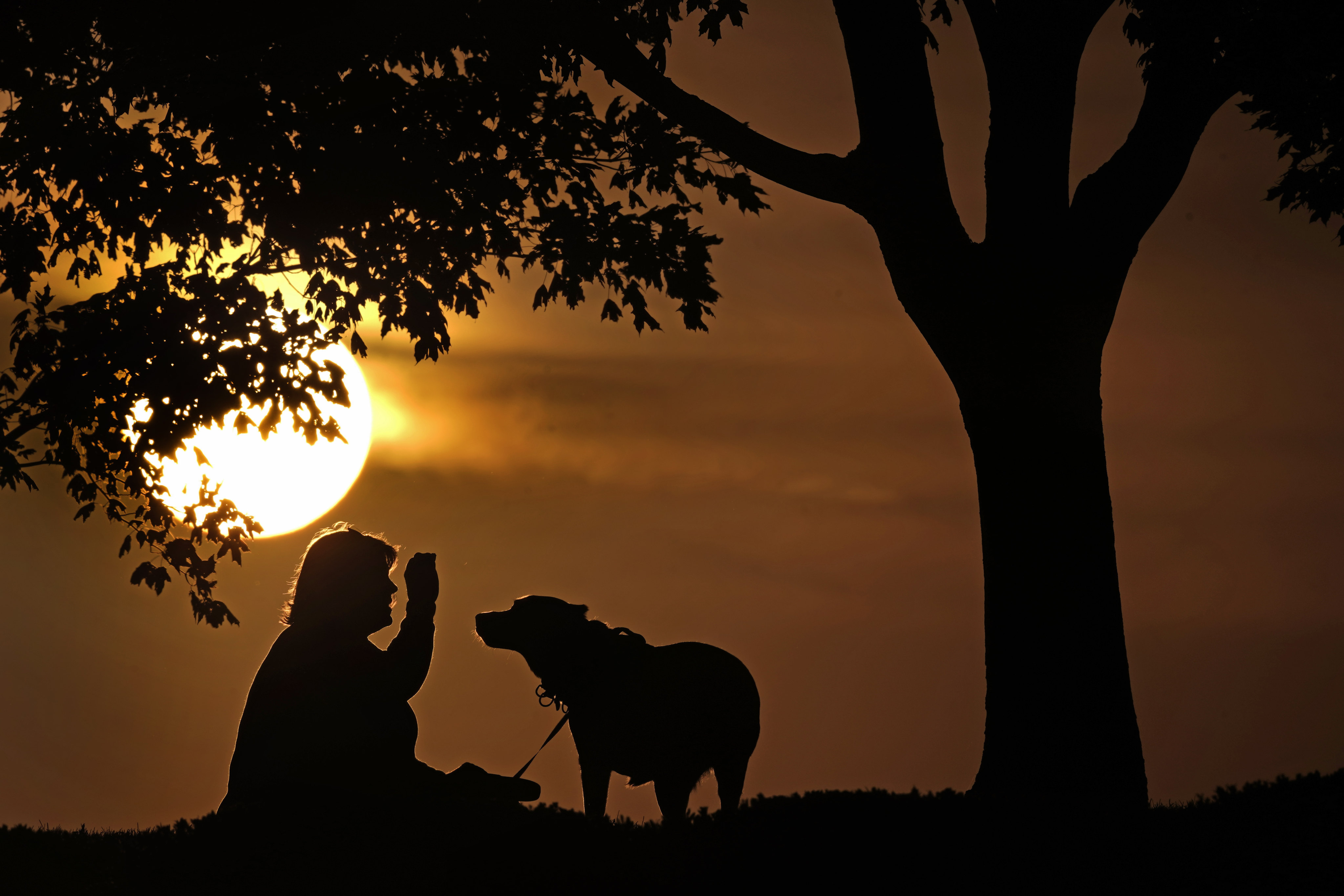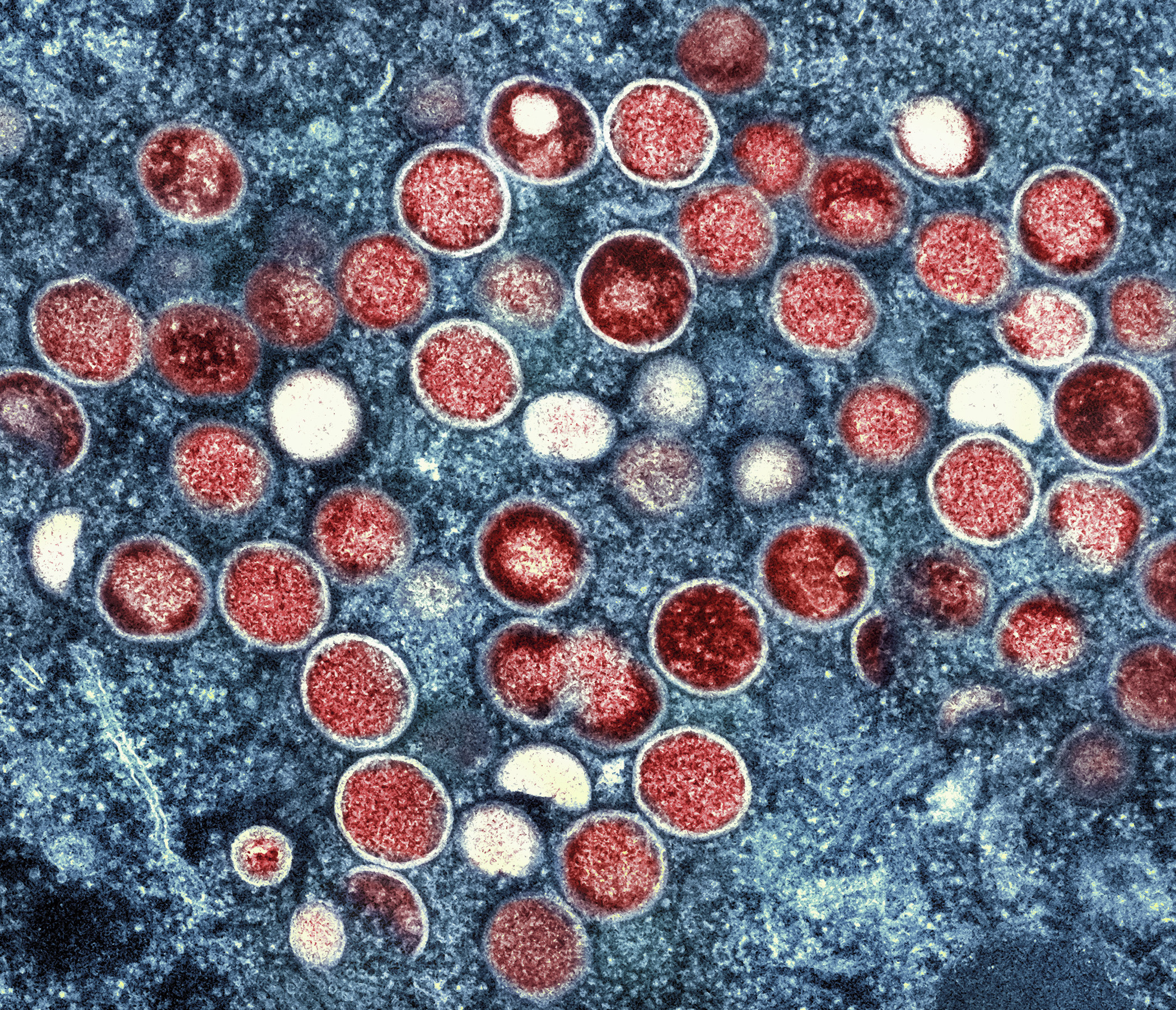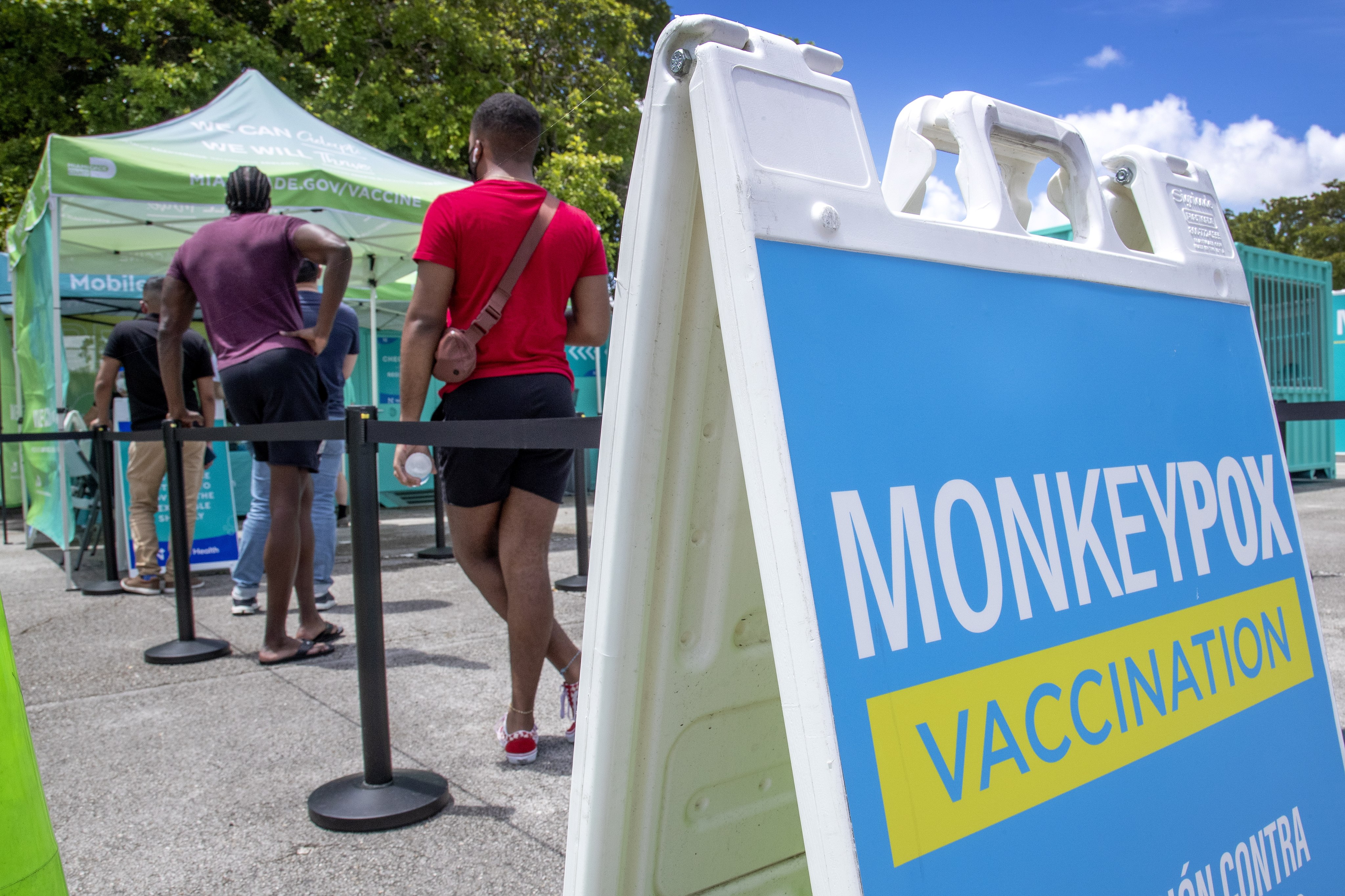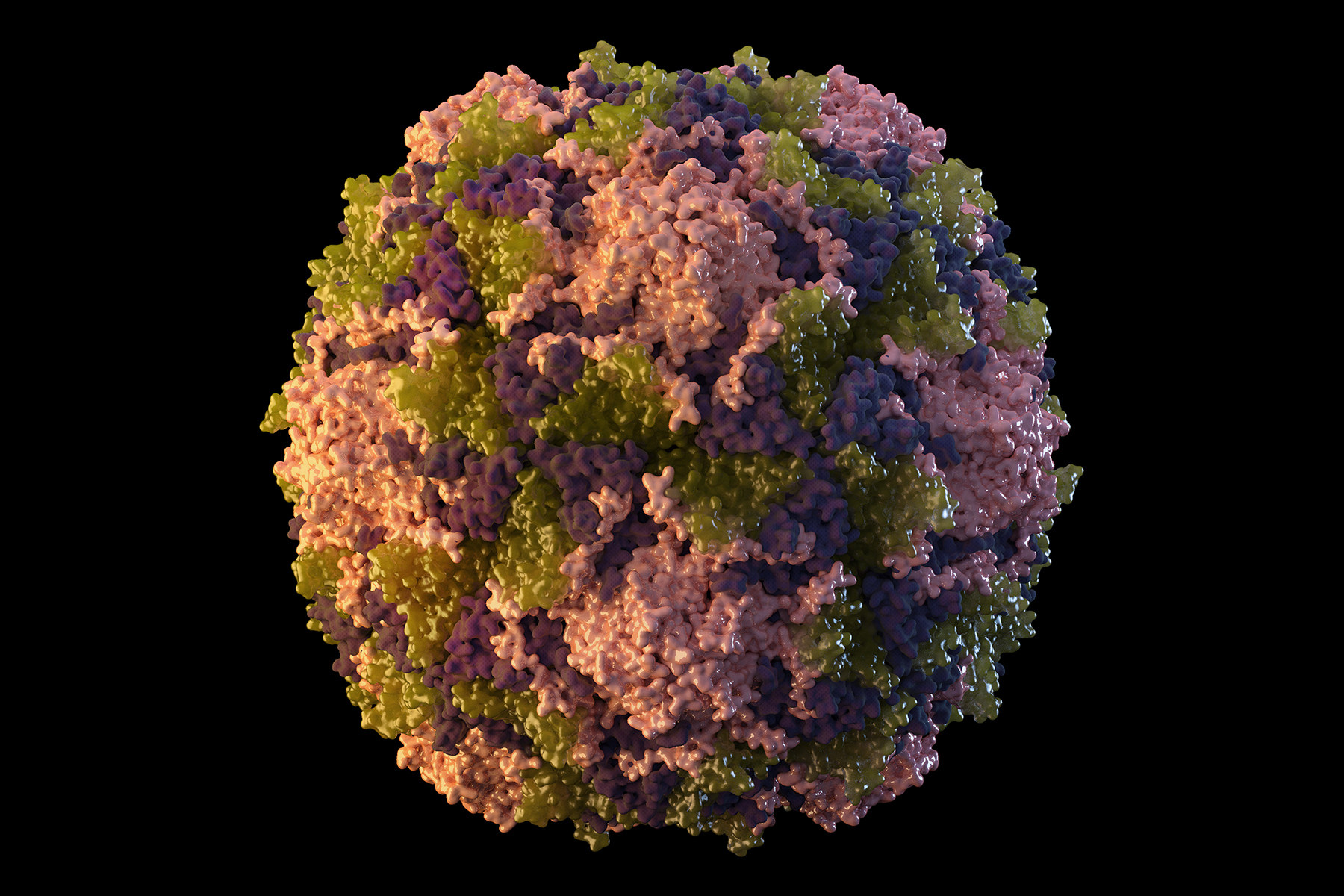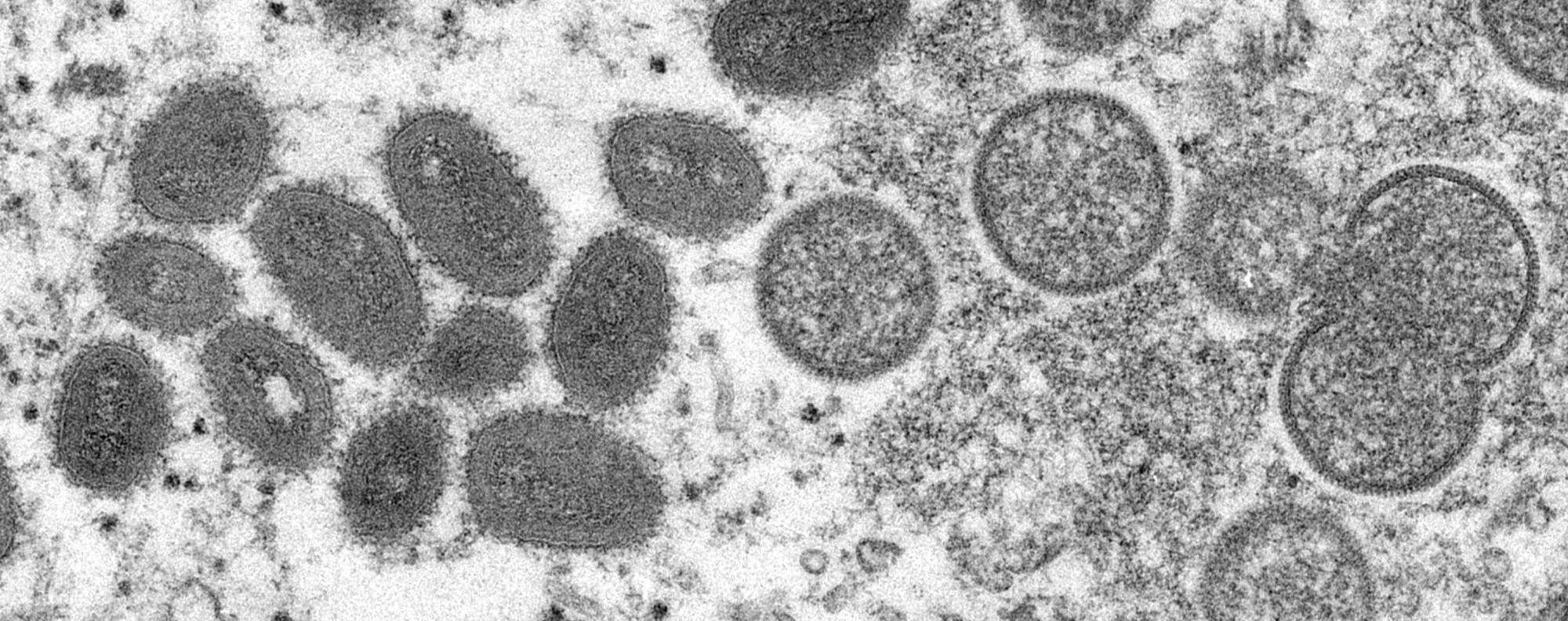
Topic

Monkeypox is a viral disease typically spread by contact with wild animals that occurs mostly in central and western Africa. It is called monkeypox because it was first identified in laboratory monkeys, but it typically circulates in small rodents, and can be transmitted to humans, with vectors including bushmeat, an animal bite or scratch, body fluids, contaminated objects, or close contact with an infected person. In 2022, an unusual breakout of monkeypox was noted in Europe, and was subsequently identified in the US.
The city has a well-organised plan to deal with infectious diseases, so there is no need to panic over a single occurrence of an illness that is not easily spread and seldom fatal
- Unwillingness to report symptoms could drive outbreak underground and gaps in monitoring make it a challenge to estimate how many mpox cases are linked to sex
- There is no licensed vaccine in Congo and lack of awareness among health workers that mpox could be spread sexually could result in missed cases
Concern groups urge individuals at risk to get vaccinated, and make sure to know their sex partners.
Health authorities say mpox transmission could have occurred among local high-risk groups after city records four patients this month with no travel history.
The disease, formerly known as monkeypox, spreads through direct contact with body fluids and causes flu-like symptoms and pus-filled skin lesions.
Centre for Health Protection says man, 34, epidemiologically linked to patient who had tested positive last week.
Patient, 59, travelled to Guangdong province multiple times and was not linked to other Hong Kong cases.
Fourth case in city since last September involves 25-year-old man whose symptoms were initially misdiagnosed as chickenpox.
The global health agency said it was concerned by the ‘racist and stigmatising language’ that arose after monkeypox spread to more than 100 countries this year.
Readers discuss the evidence supporting reports of rising sea levels, monkeypox comments from a Chinese official and the cancellation of the Hong Kong marathon.
Epidemiologist Wu Zunyou refines his advice after warning earlier against direct skin contact with foreigners and returnees from abroad.
Top epidemiologist suggests avoiding direct skin contact with foreigners or overseas returnees after China reports its first case.
Data analysis from HKUST team makes first step in closing knowledge gap, but more clinical trials needed.
The infected patient had arrived in Chongqing from overseas developed symptoms while in quarantine for Covid-19.
The comment was the most optimistic from the UN health agency since it declared an international emergency over the coronavirus in March 2020.
The patient was severely immunocompromised and had been hospitalised, but officials did not disclose any other information for privacy purposes. 18 people have died globally from the virus.
Health officials say Sai Kung Outdoor Recreation Centre to be repurposed into quarantine facility for close contacts of monkeypox patients from Tuesday.
Authorities say man reported feeling unwell while under hotel quarantine and has developed monkeypox symptoms such as a rash.
Close contacts of confirmed monkeypox cases and other high-risk groups in Hong Kong will be able to get vaccinated.
An autopsy is under way to determine if the virus was the cause of death; the patient was severely immunocompromised and had several serious illnesses.
More than 47,600 confirmed cases in 90 countries where monkeypox is not endemic have been reported since early May. The WHO has declared the outbreak a global health emergency.
In the world’s first such case, a coronavirus patient broke out in a rash, leading to further tests that revealed the other 2 infections.
Patients in London and Manchester will soon get a fifth of the regular vaccine as research suggests a smaller dose provides as effective an immune response as a full dose. Nearly 3,200 cases of monkeypox have been reported in the UK since May.
The 27-year-old tested positive with mild symptoms and is under home isolation, officials said; he had travelled abroad.
The first case of human-to-dog transmission was reported in Paris; pets are not a risk, but there is concern about spreading the disease to rodents and other animals.
UN health agency has opened the renaming process to the public; critics say the current name is misleading – since monkeys were not the original host – and can be used in a racist way.
The UN health body is allowing people to submit ideas through an online portal.
The discovery is a sign that the disease, which had not been seen in the US in a decade, is quietly spreading among unvaccinated people, health officials say.
Discrimination against the LGBTQ community in Asia makes tracking new clusters of monkeypox more difficult.





